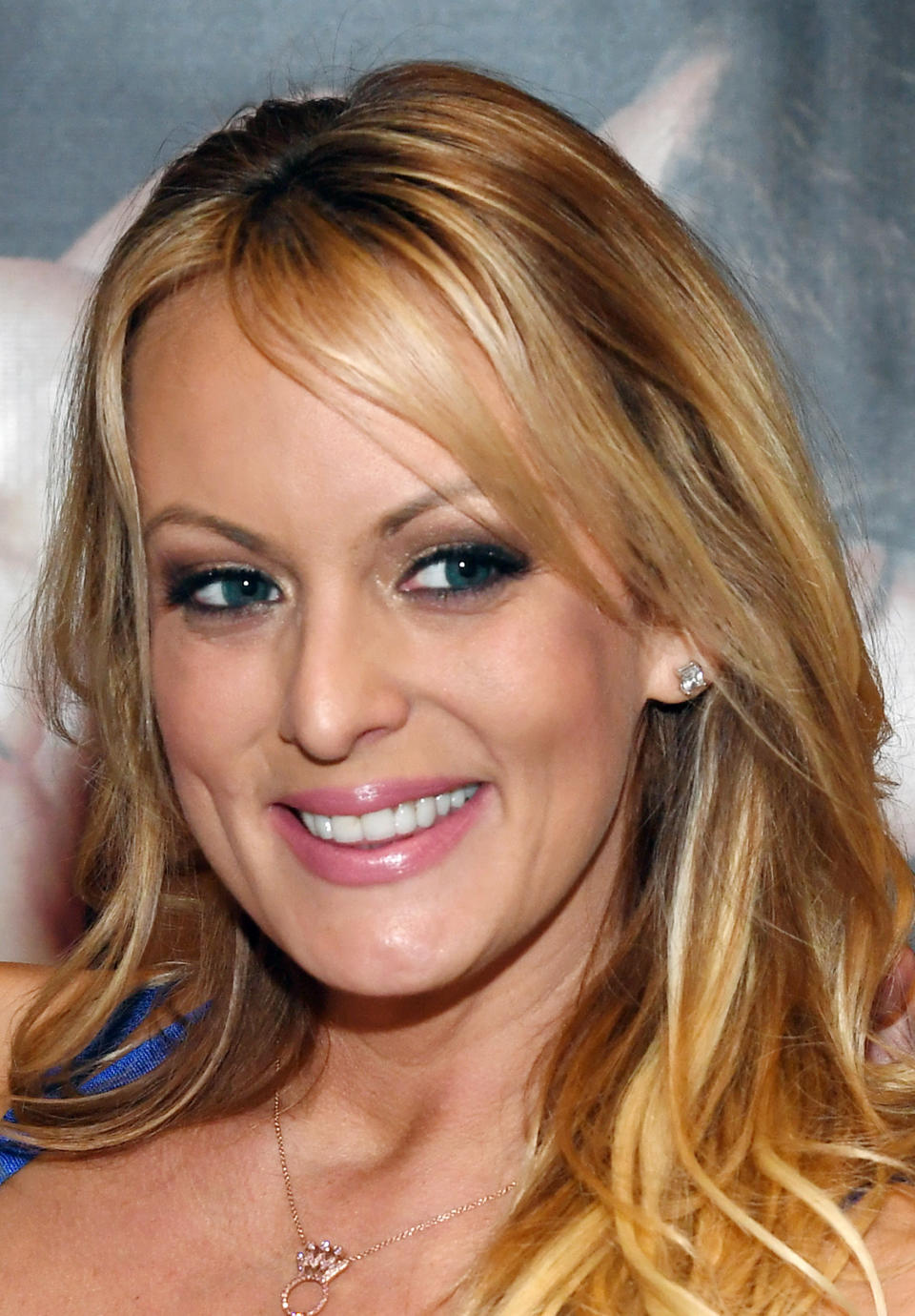Trump seeks to delay NYC Stormy Daniels hush money trial pending Supreme Court immunity ruling
NEW YORK — Donald Trump is trying to push back his upcoming trial in the Stormy Daniels hush money case in an eleventh-hour delay bid, arguing that it shouldn’t go forward until the Supreme Court rules on his presidential immunity claim.
In Manhattan Supreme Court filings, Trump’s lawyers said evidence prosecutors intend to present at the criminal trial — set to be Trump’s first of four and potentially the only one he attends before the election — is related to his outstanding immunity claim before the nation’s high court. Specifically, they cited public statements Trump made as president and posts to his official presidential account on X, in addition to related witness testimony.
In the March 7 documents filed publicly on Monday, Trump lawyers Susan Necheles and Todd Blanche added that the evidence “implicates presidential immunity because President Trump was President of the United States at the time of those actions in 2018.”
“Without immunity from criminal prosecution based on official acts, the president’s political opponents will seek to influence and control his or her decisions via de facto extortion or blackmail with the threat, explicit or implicit, of indictment by a future, hostile administration, for acts that do not warrant any such prosecution,” Necheles and Blanche wrote.
“This threat will hang like a millstone around every future President’s neck, distorting presidential decision making, undermining the president’s independence, and clouding the president’s ability “to deal fearlessly and impartially with the duties of his office.”
The Supreme Court is set to hear arguments on April 25 before deciding whether Trump’s actions as president were immune from criminal charges brought by special prosecutor Jack Smith in his federal election subversion case.
It’s unclear how long the justices will wait to rule on whether Trump is above the law after hearing arguments, but it could be as late as June.
The GOP front-runner has pleaded not guilty to 34 felonies in the case brought by Manhattan District Attorney Alvin Bragg that alleges he covered up reimbursement to his ex-lawyer Michael Cohen for a hush money payoff to Daniels in 2017 to disguise a “catch and kill” scheme illegally orchestrated to secure his presidential victory the year before.
Trump has sought to invoke the presidential immunity defense in all his criminal matters. Last year, he failed to get Bragg’s case moved to federal court by arguing the conduct was carried out under his official presidential responsibilities, arguing it “w(as) taken solely because he was president of the United States” and that his decision to retain Cohen as his personal lawyer “arose out of his duties as president.”
U.S. District Court Judge Alvin Hellerstein rejected those arguments in July, finding that events occurring during Trump’s presidency didn’t automatically fit within the context of his duties.
“Trump has not explained how hiring and making payments to a personal attorney to handle personal affairs carries out a constitutional duty. Reimbursing Cohen for advancing hush money to Stephanie Clifford cannot be considered the performance of a constitutional duty,” Hellerstein wrote.
“Falsifying business records to hide such reimbursement, and to transform the reimbursement into a business expense for Trump and income to Cohen, likewise does not relate to a presidential duty.”
Bragg’s office declined to comment. Prosecutors are expected to respond in court filings by Wednesday, and Judge Juan Merchan is slated to rule on several pretrial motions from both sides on Thursday.
The judge has yet to issue a decision on Bragg’s request for a limited gag order that would prohibit Trump from public remarks about witnesses, prosecutors in the case — not including Bragg — Merchan’s staff and the DA’s staff, their relatives, and prospective jurors.
Last week, Merchan ruled that the jury would be anonymous to the public and that their addresses would only be disclosed to lawyers.
_____



